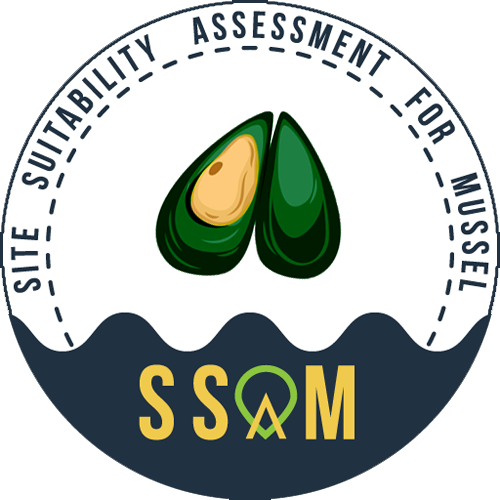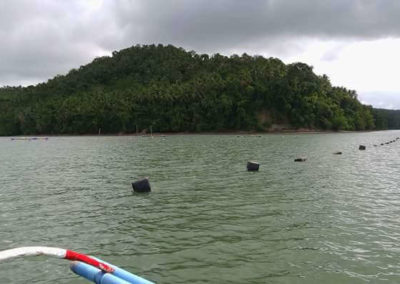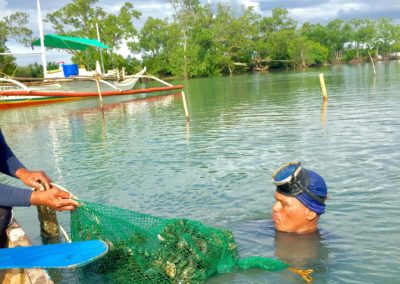![]() Post Harvest
Post Harvest
Evaluation of Depuration and Relaying Technologies for Philippine Green Mussels (Perna viridis) at Higher Loading Capacity
Green mussel (Perna viridis) is an economically important shellfish commodity in the country. They are filter feeders; they ingest bacteria, plankton, and other microorganisms in water. The filtering activity of green mussels results in harboring high bacterial content, making them unsafe for consumption when partially cooked. Philippine green mussels are efficient converter of organic matter and nutrients, which are essential to our health. These nutritional benefits, however, are offset when there is high bacterial concentration within the mussel tissues, which poses health hazards to consumers.
Relaying is one of the pre-processing techniques that eliminates or reduces bacterial load in mussel. It is a process of harvesting shellfish from polluted growing waters to a cleaner water area, which is free from microbiological contamination. This technique allows shellfish to cleanse or purge themselves while continuing their normal filter feeding and digestive processes.
This project deals on pilot testing the mussel depuration and relaying techniques in three mussel growing areas with varying bacterial load. It will attempt to assess the developed techniques in reducing or eliminating bacteria in depurated and relayed mussels at various scales of operation. It will enable the researchers to refine the depuration/relaying step/process, including improving the depuration facility and the loading capacity during relaying.
Project Leaders

Rose T. Mueda
Institute of Fish Processing Technology College of Fisheries and Ocean Sciences UP Visayas rtmueda@yahoo.com
Benefits
- Natural way of reducing/eliminating bacterial load in mussel
- Simple, low cost and manageable
- Can be applied by small-scale farmers
Target Beneficiaries
- Mussel farmers
- Processors
- Vendors
- Consumers
Location
- Capiz
- Aklan
- Samar




